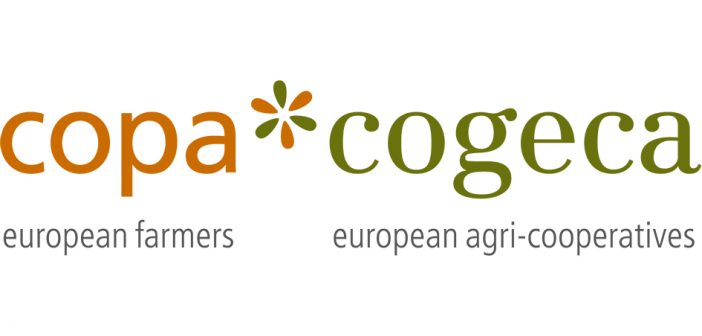European farming groups have united to urge the European Union to minimise the impact of uncertainties on trade and Brexit, and to call for more coherent European policies.
Speaking in Brussels after a meeting with 66 presidents of farmers and cooperative organisations across the EU, president of European farm union Copa, Joachim Rukwied, warned, “We are disappointed with the EU Commission proposal on the future CAP. It is unacceptable that more and more is being asked of farmers in terms of respecting tough food safety, welfare and environmental requirements for less and less money. Another major concern is the fact that the technology toolbox that farmers rely on to maintain their competitiveness is being eroded every day. We are very proud of our production standards. More coherence between policies is vital to ensure that they are maintained.
“We cannot accept that our standards in the trade talks with the Latin American trade bloc Mercosur are weakened or that our farmers are penalised for respecting them by being subject to unfair competition. Trade concessions must be minimized for our more sensitive sectors.”
Cogeca president Thomas Magnusson added, “It is in our common interest to develop good, balanced trading relations between the farming community in the EU and other parts of the world. The potential misuse of free trade agreements by our trading partners could seriously undermine the credibility of these agreements.”

Photo Credit: Copa Cogeca
The post EU farm groups call for end to uncertainties appeared first on Hort News on 21 June 2018.

